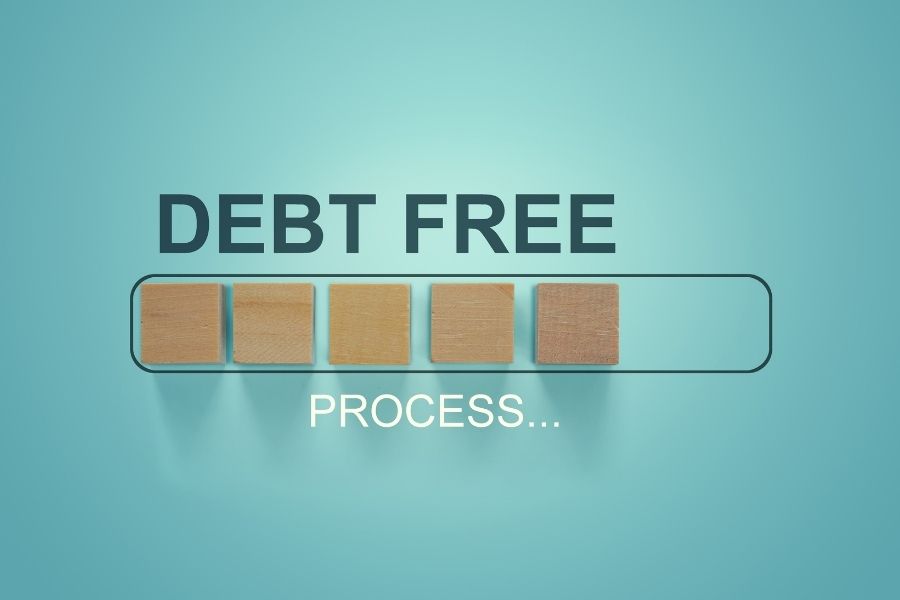As the popularity of sustainable and ethical investing grows, so does the risk of greenwashing—a deceptive practice where companies exaggerate or make false claims about their environmental and social initiatives to appear more sustainable than they truly are. Luckily, we have some great information to help you dodge this deceptive practice. So, let’s take a deep-dive into greenwashing and how you can avoid supporting sneaky companies!
What is Greenwashing?
As mentioned before, greenwashing is a deceptive practice employed by some companies in order to paint themselves as environmentally friendly or socially responsible without actually implementing sustainable practices. This can range from sneaky and misleading advertising and selective disclosure, to outright false claims about their products and operations. To give you a better breakdown, here are some examples of greenwashing:
- False Environmental Claims - This is when companies claim that their products are '100% eco-friendly' but fail to provide any unbiased proof or certifications to back up their claims.
- Selective Reporting - This misleading practice is when a company highlights one small environmentally friendly initiative while simultaneously ignoring products or practices causing environmental harm.
- Misleading Labels - Another misleading practice is when companies self-label as “green” or “natural,” again without providing any clear definitions or third- party standards.
The Impact of Greenwashing
Now that we’ve broken down what exactly greenwashing is, let’s dive into the impact this unethical practice has on the world and wider community. First and foremost, greenwashing damages the reputation of genuine sustainable efforts by introducing an atmosphere of deception and eroding trust. This has a significant negative impact on future progress for the sustainability movement as a whole.
In addition to eroding trust, greenwashing also leads to the misallocation of funds. When folks fall victim to greenwashing, funds intended for genuinely sustainable companies are diverted to unsustainable companies. This also has a negative effect on the progress of the sustainability movement, causing a slowing in progress towards environmental and social goals.
Identifying Greenwashing
We can all agree, greenwashing is a terrible thing. So, how can you protect yourself and your investments? There are several steps you can take to avoid supporting companies engaging in greenwashing:
First, look for third-party verifications. Genuinely sustainable companies often have certifications from reputable verification organizations that check that what the company is saying about their initiatives is true. Some of these organizations include LEED, Fair Trade, and the Global Reporting Initiative (GRI).
Next, it is imperative to examine a company’s transparency. Trustworthy companies provide complete and transparent reports regarding their environmental and social impacts. They openly disclose both the positive and negative aspects of their operations. When checking into the reporting of a company, be sure to do your due diligence. Be wary of vague or overly broad claims. Trustworthy companies will share specific, measurable, and verifiable statements about their sustainability efforts. In addition, it is always good to check that a company’s claims hold true across their operations - including their supply chain and production process.
As we have learned, greenwashing can be a road bump for folks looking to begin their journey into ethical investing. Luckily, though, by being vigilant and informed, investors can navigate this complex landscape. Thankfully, folks looking to embark on this journey do not have to take the leap alone. With the help of a qualified financial professional, you can ensure your investment portfolio reflects your values! Professionals, like those of us here at Upbeat Financial, will help you manage your portfolio and provide you with the education and resources you need to make informed choices.






